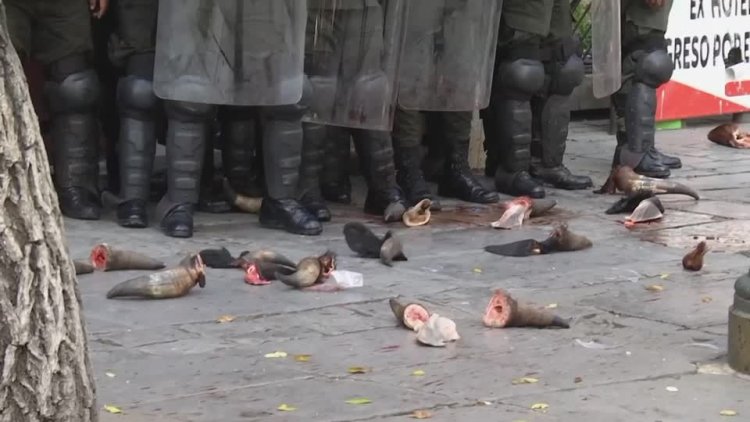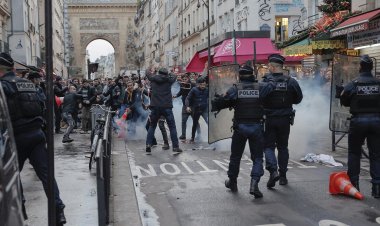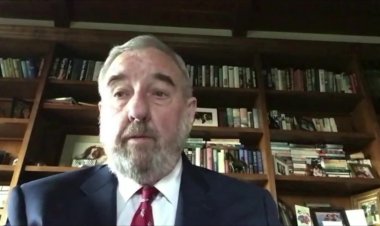Butchers protest meat price hikes in La Paz

Butchers in the Bolivian capital La Paz staged a protest against steep meat price hikes that have squeezed their profits and strained household budgets. Members of the National Confederation of Meat Workers of Bolivia marched through the city center, decrying inflation and demanding a meeting with President Luis Arce to address their grievances. The demonstrators rejected an offer to speak with other officials, criticizing Minister of Rural and Land Development Yamil Flores for downplaying their profit margins by claiming workers earn up to 20 bolivianos in gains.
The protest comes amid a broader economic crisis in Bolivia. Inflation reached 1.71% in March, contributing to a 5% rise during the first quarter, according to the National Institute of Statistics. In February, the government suspended meat exports in an effort to curb surging prices, which had pushed the cost of beef to 60 bolivianos (about 8.5 U.S. dollars) per kilo. Protesters demanded not only the temporary export ban but an extension for two to three years and action to curb smuggling to neighboring countries.
Tensions escalated when butchers clashed with police during the demonstration, with some participants reportedly hurling cow horns at riot officers. The public’s frustration stems from the sharp increase in everyday living costs, with the diminished value of household grocery budgets highlighting the crisis. Residents like Angelica Zapata noted that rising prices mean a 100 boliviano grocery budget now lasts only a couple of days.
Adding to the chaos, La Paz saw additional disruptions from street blockades caused by a public transport drivers' strike, protesting a planned reversal of a previously negotiated fare increase implemented in February. Critics argue that existing measures, such as fuel subsidies, fail to address underlying economic weaknesses, including fuel shortages, reduced foreign exchange reserves, and a scarcity of U.S. dollars affecting the cost of imported goods.















